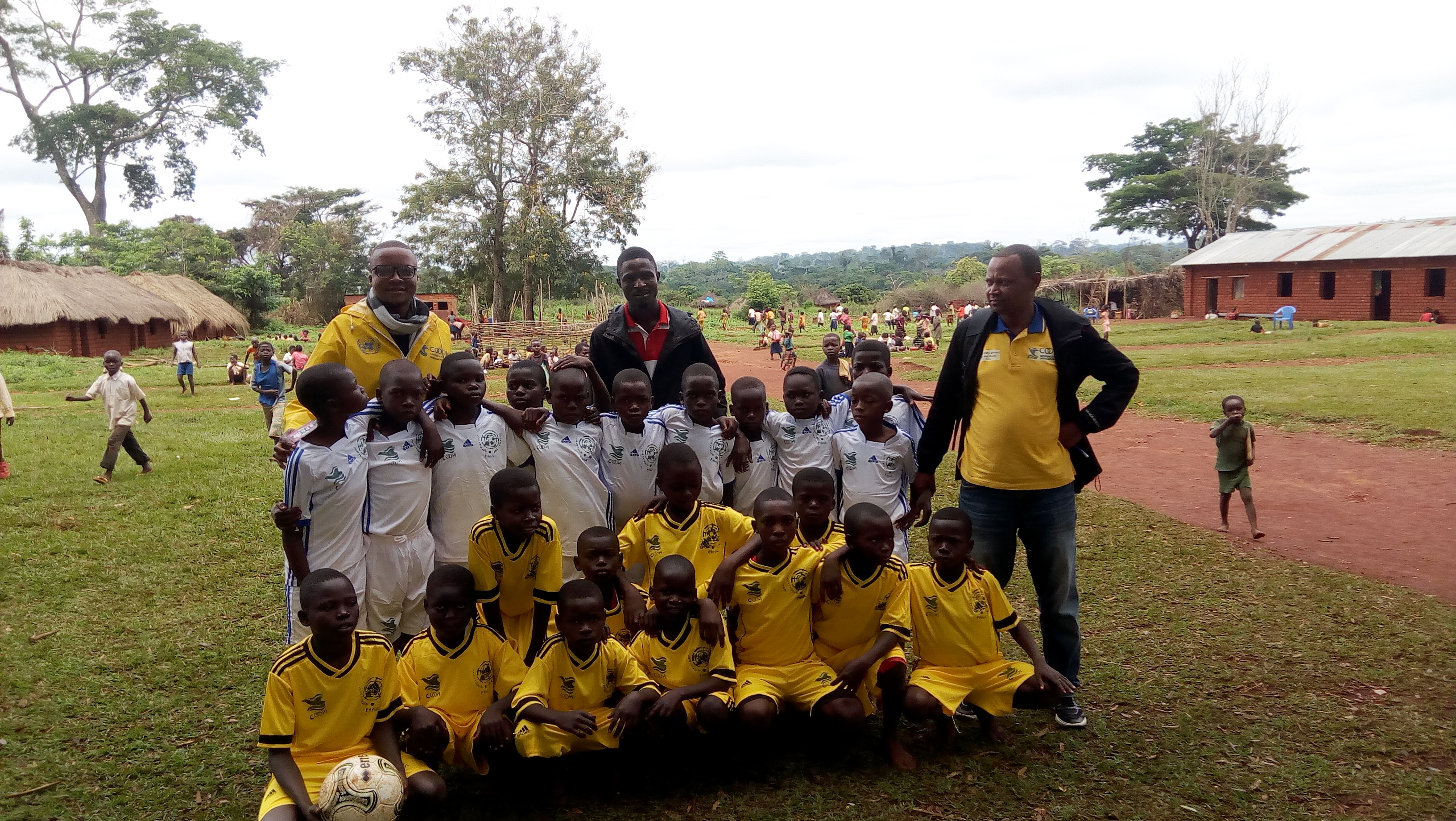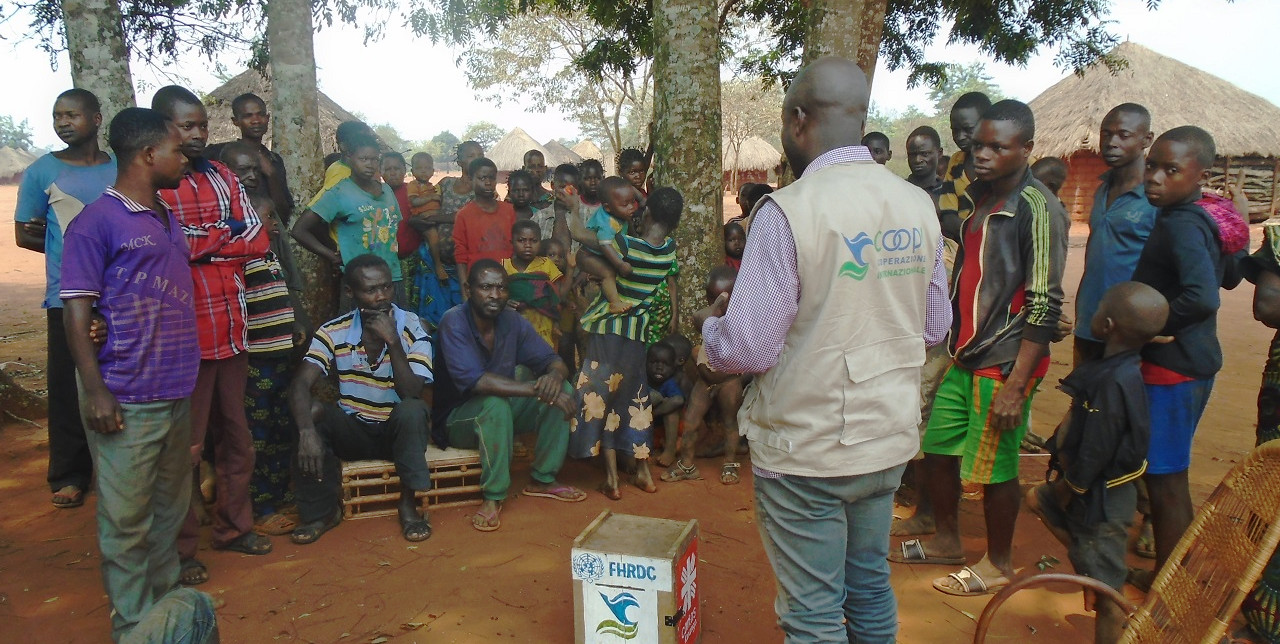19-03-2020 | di COOPI
RDC. Education and protection are the priorities in Yangala Region
From May to the 31st of October 2019, 4,058 children improved their education and protection thanks to the project “Multi-sector humanitarian response to the most vulnerable populations of displaces, returnee and host communities in the health area of Yangala, Luiza territory in Kasai Central” implemented by COOPI, in collaboration with CARITAS and CISP and funded by the Common Humanitarian Fund of the Democratic Republic of the Congo.
2,037 boys and 2,021 girls improved their learning conditions. COOPI has implemented several activities to reach this objective: awareness session on children schooling and protection addressing communities; the rehabilitation and development of 9 buildings; the organisation of canteens and training session addressing school staff and the delivery of school material to 9 primary schools. Moreover, 103 returned children, 83 displaced and 150 children member of vulnerable families received support in reintegrating into school and the planning of a strategy for the improvement of 9 schools was set together with the school staff and students.

Sports activities with students
In the protection context, COOPI promoted the leadership into self-employment and pacific co-existence of 956 young boys and 458 young girls. The mobilisation of communities and the promotion of a communitarian dialogue were implemented. Moreover, the communitarian mechanism was reinforced in promoting human rights, monitoring and reporting violations of the same and in preventing the potential violence against 3,780 children at risk. Finally, 1,042 children associated with armed groups and 645 unaccompanied children received support in the process of reintegration.
The project’s objective is to contribute to the improvement of vulnerable people’s living conditions in the territory of Yangala. Since 2017, RDC population lives in poverty due to the humanitarian crisis. The project aims to reinforce people’s lives, consolidating local achievements so to prevent crises and to strengthen ties between communities.




 Dem. Rep. of Congo
Dem. Rep. of Congo